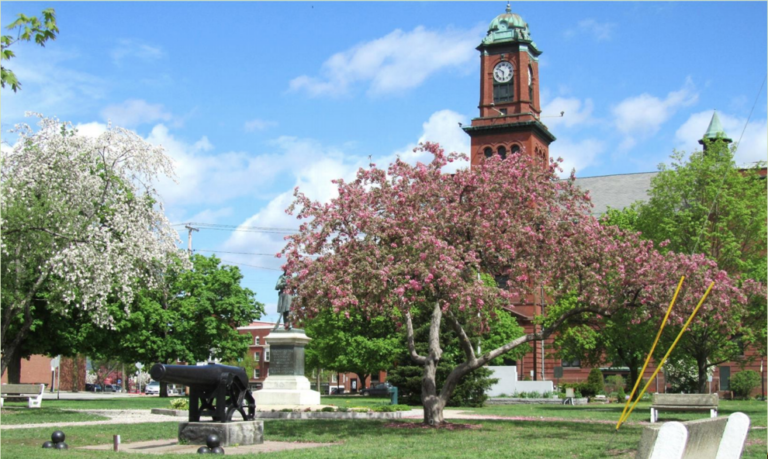State revenue got a helpful one-time shot in the arm. Now what?
Analysts fear that once it’s gone for the remainder of the fiscal year, overall revenue will lag unless other accounts, which have been underperforming to date, pick up the pace

Claremont has a new tool to fund improvements in the city. On its second reading Wednesday, Oct. 25, the city council approved the creation of special assessment districts which would allow targeted taxes to fund projects.
Councilor James Contois read Ordinance 612, which Councilor Jonathan Stone seconded. Councilors Spencer Batchelder and James Contois voted no.
To create a special assessment, the ordinance requires the council to hold public hearings when it receives a petition signed by two-thirds of property owners in the assessment area. The council would then take appropriate action.
City Manager Yoshi Manale said amending the special assessment process makes it easier for the city to implement its financial tool for infrastructure investment.
“This investment tool is for the council to utilize for any sort of projects, especially infrastructure projects,” Manale said. “It does not allow the city manager to do so unilaterally. What it does, is it allows me to bring you a project for review and makes it a little bit easier for us to use this tool, which has been in the city ordinances since the 1970s.”
For example, Manale noted that paving Washington Street costs about $1.5 million.
“What we’re going to be looking at, and we’ve already started doing a study of, is which businesses utilize the road the most,” he said. “Let’s say five percent of all the traffic goes into Walmart, two percent is going into Home Depot, and 10 percent is going into McDonalds. I’m making this up, but you’re talking about a resident who lives there; more than likely, that’s going to be low usage as the entire percentage.”
He noted that if 1,000 cars use Washington Street, for example, and 40 percent are pass-through drivers, that would be the city’s responsibility. The other 60 percent would be divided among those who use it the most.
“If it’s 600 [drivers] and 150 are going to Walmart, then Walmart would be responsible for 15 percent of the special assessment,” he said. “It’s spread out over a period of time, so it’d be five to 10 years, depending on how the council would ultimately do it.”
Manale said looking at the project over a long period, it’s a small percentage of money.
“They’ll be assessed to larger corporations and businesses that will be using it the most,” he said. “Smaller businesses that don’t have a lot of traffic will be paying a lot less. A resident will pay very little because they won’t be utilizing the road in a significant way.”
Before that happens, Manale said the council must consider the special assessment.
“All the residents and people on that street will be notified, and we’ll let them give their opinion to the city council,” he said. “Ultimately, the city council will determine if they want to do so. It doesn’t say that I can just do it. There is an extra layer that would be created.”
Stone noted the ordinance gives the city a mechanism to bring special assessments to the council and doesn’t give the city carte blanche to go out and target any area without due process.
“This does not have a pre-determined project in mind,” said Stone. “It’s a mechanism to get it to us.”
This article is being shared by partners in The Granite State News Collaborative. For more information, visit collaborativenh.org.